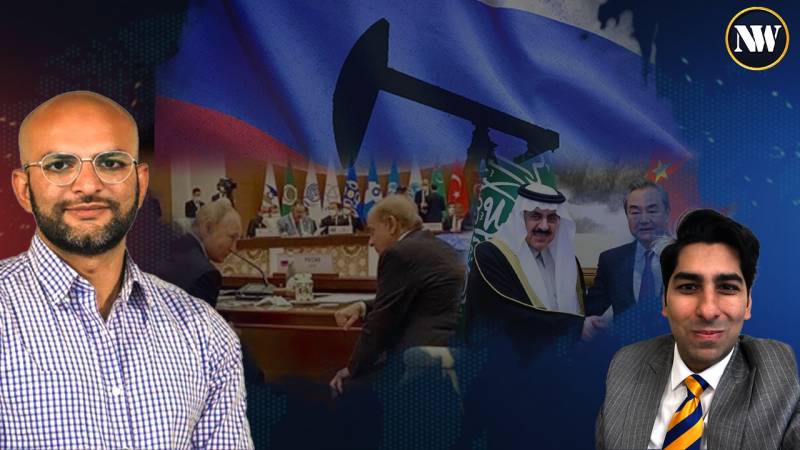The geopolitics of the Middle East has been undergoing profound transformations, with key players adapting to global energy shifts, rising powers, and changing alliances. At the heart of this evolving landscape lies Pakistan, a nation positioned strategically to leverage these changes for its own economic and diplomatic gains. In this article, we delve into the developments that have taken place, assess the implications for Pakistan, and explore the potential avenues for the country to navigate its role amidst these shifts.
Central to the changing dynamics in the Middle East is the global shift towards renewable and clean energy sources. As the world grapples with the looming climate crisis, major economies are increasingly investing in cleaner alternatives, prompting significant adjustments in energy flows. The United States, Europe, and other nations are focusing on renewables and battery storage, challenging the traditional dominance of fossil fuel-based energy sources. This transition impacts petrodollar states like Saudi Arabia, UAE, and Qatar, compelling them to diversify their economies and adapt to the changing energy landscape.
The rise of China has been a defining factor in the region's transformation. China, now the largest procurer of energy from the Middle East, has disrupted the longstanding dominance of the United States in this realm. The deepening ties between China and Gulf States, particularly Saudi Arabia and Iran, have shifted the dynamics of energy trade and diplomacy. This development presents both challenges and opportunities for Pakistan as it seeks to position itself amidst these changing relationships.
Pakistan's strategic location and historical ties place it at the crossroads of these shifting dynamics. The China-Pakistan Economic Corridor (CPEC) is a prominent example of Pakistan's efforts to capitalize on its geographic advantage. While CPEC has provided Pakistan with much-needed energy and infrastructure development, it is imperative for the country to strike a balance between its commitments under the initiative and its pursuit of a cleaner and more sustainable energy mix.
Pakistan faces significant economic challenges, including circular debt in the energy sector. As the country navigates its energy transition, addressing these financial burdens is essential to ensure the viability of its energy ecosystem. While projects like CPEC have contributed to Pakistan's energy stability, investing in transmission and distribution systems, and tapping into renewable sources like solar and wind, will be crucial to create a robust and sustainable energy infrastructure.
The recent thaw in relations between Saudi Arabia and Iran, facilitated in part by China, underscores the complex web of alliances and diplomacy in the region. While this development may not lead to immediate friendship, it does highlight the growing trend of nations seeking pragmatic coexistence to address shared concerns. As Pakistan seeks to strengthen its relationships in the Middle East, it must navigate this delicate balance, leveraging its ties with both Saudi Arabia and Iran to maximize its economic and diplomatic gains.
The evolving geopolitical landscape in the Middle East is driven by the ambitions and aspirations of its young population. As the region's youth demand economic prosperity and development, leaders are compelled to prioritize economic necessities over geopolitical differences. This shift in focus is encouraging nations to find common ground and collaborate on areas of mutual interest, despite historical rivalries. China's diplomatic involvement underscores the importance of maintaining stability and positive engagement in the region.

